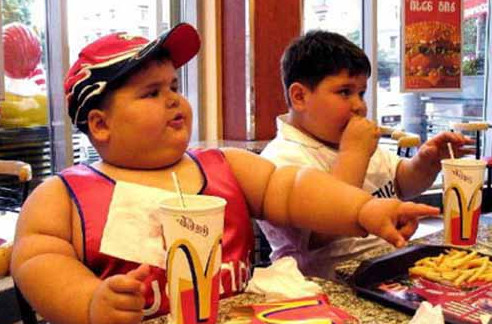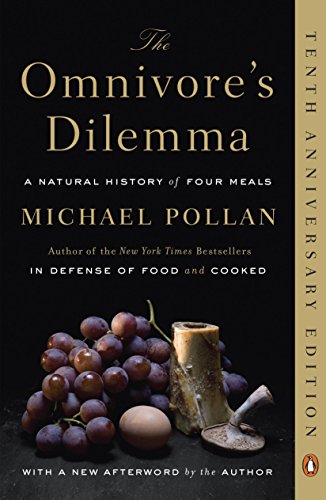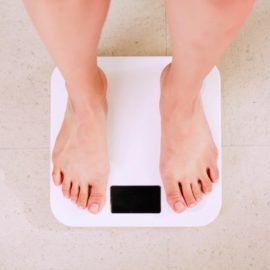

This article is an excerpt from the Shortform summary of "The Omnivore's Dilemma" by Michael Pollan. Shortform has the world's best summaries of books you should be reading.
Like this article? Sign up for a free trial here .
You may have heard of supersizing meals from movies like “Supersize Me,” getting a huge increase in meal size for less than a dollar.
But what’s the problem with supersizing? What effects does it have on your health? How does supersizing make you gain weight? Learn here.
The Corn Syrup Connection
Corn sweetener or high-fructose corn syrup is to the obesity epidemic what corn whiskey was to the Alcoholic Republic.
High-fructose corn syrup is in many processed foods (including ketchup, breads, hot dogs, and hams), but we consume the most in soft drinks. It first became an ingredient replacing sugar in Coca-Cola in 1980, followed by Pepsi.
High-fructose corn syrup is cheaper than sugar, but rather than cutting consumer prices, soft drink companies began upsizing the bottle and increasing the price.
Why Supersizing is So Bad
The concept of supersizing, applied to fast food as well, dramatically increased sales. It was invented by David Wallerstein, who served on the board of McDonald’s. In the fifties and sixties while working in the theater industry, he had discovered that movie-goers would eat more popcorn and drink more soda in larger containers. Later he convinced McDonald’s to supersize its fries and burgers to sell more.
The problem with supersizing is that people don’t stop eating supersized portions when they feel full, researchers found. They eat up to 30 percent more than they would otherwise.
This supersizing-eating behavior made sense in the hunter-gatherer era. Our ancestors feasted whenever they could, to build fat reserves to last through future food shortages. Obesity researchers call this the thrifty gene. It’s useful when food is scarce or unpredictable, but harmful when food is always available.
Because we have a biologically driven preference for energy-dense foods, the added sugar in our food today make matters worse (anything with sugar or fat in it tastes better). In effect, food scientists are pushing our evolutionary buttons to get us to buy and consume more by supersizing.
Sugars and starches turn to glucose. Consuming too much can wear out the body’s system for managing glucose — and then we get Type II diabetes.
Contributing to the problem: since the 1970s the price per calorie of sugar or fat has plunged, making energy-dense foods cheap as well as neurobiologically appealing. For instance, a dollar can buy 1,200 calories of potato chips or 875 of soda, versus only 250 calories of carrots. The government subsidizes high-fructose corn syrup but not carrots.
The obesity epidemic will only get worse, regardless of warnings from the surgeon general, as long as the president signs farm bills to keep the corn coming — supplying Americans with a surfeit of cheap, unhealthy calories.
———End of Preview———

Like what you just read? Read the rest of the world's best summary of Michael Pollan's "The Omnivore's Dilemma" at Shortform . Learn the book's critical concepts in 20 minutes or less .
Here's what you'll find in our full Omnivore's Dilemma summary :
- What does Omnivore's Dilemma mean?
- Why is industrial farming so bad for you and the environment?
- How did corn and its byproducts (like corn syrup) end up in tens of thousands of foods?
- How is Industrial Organic food like at Whole Foods not much better than massive industrial farming?
- What happens when you try to forage for your own food?






